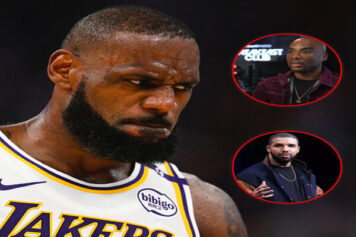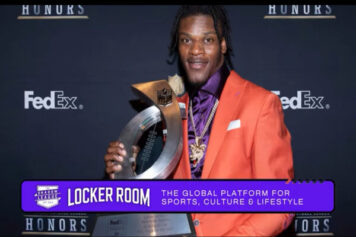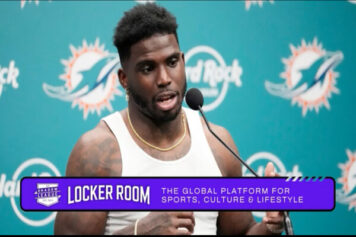As we remain true to Martin Luther King’s unflinching vision, we must continue to embrace his boldness in forcing America to confront its lies and most troublesome truths.
This coming Monday, on January 21st, 2019, the nation will celebrate Martin Luther King Day.
But today, January 15th, is his actual birthday. This year is a milestone for a number of reasons, among them being that he would have turned 90 today. We also recently mourned the 50th year since his assassination.
As we approach the weekend, it’s important for people to truly unpack and comprehend the depth of his message, and his abbreviated time here on earth.
Given the current political climate, the bold racist hate that has gleefully skipped out of the closet and the context in which people of color remain under attack, both from a racist political structure and the ignorance of the most moronic and lowly elements of American society, we find ourselves once again at a crossroads.
King screamed and cajoled with the aim of closing the gap between the empty rhetoric of American equality and democracy and the evil reality of societal inequities, hate and institutional racism that will ultimately prove to be the disease of unraveling that will always keep this country from ever truly being great.
Martin Luther King Jr. was a man who personified selflessness, sacrifice and a fearless sense of righteousness in the face of violence and indignity. He possessed an inherent and rare ability to motivate, inspire and galvanize millions. And it is for that very reason, because he was a threat to America’s racist status quo, that he was assassinated.
Today, most people see him as the face and voice of the Civil Rights Movement in the ’50s and ’60s. They sum up his impact with the melodic regurgitation of is “I Have A Dream” speech.
Schools across the nation will hit the key talking points in their assemblies and programs honoring his legacy – Brown vs Board of Education, Montgomery Bus Boycott, Voting Rights Act, etc.
But few will delve into the essence of post-1965 MLK, when the man began to no longer trust mere political legislation and court rulings. He became convinced that much more was needed to bring about a comprehensive acceptance of Black equality and to fulfill the promise of what true citizenship in America should look like.
In a very true sense, he transitioned from an activist to a revolutionary who pursued an economic agenda that was much larger than the scope of his previous efforts. Once dedicated to shining a light on the inhumanity of living as a Black person in the South, his message began to resonate globally when he criticized the Vietnam War and America’s agenda there.
He embraced a younger generation’s urgency and impatience as it related to economic inequities and injustices through his Poor People’s Campaign, which called for better jobs, better living conditions, better quality education, and better lives.
King is the architect of a profound legacy that still resonates loudly today, through 2008’s “Yes WE Can” election of President Barack Obama, the impassioned rise of the “Black Lives Matter” movement, the call to arms of Colin Kaepernick and his fellow NFL players to the civic engagement and actions of students throughout the country who walked out of their high schools after the Parkland massacre to protest Congress’ lack of gun reform legislation.
Filmmakers such as Ava DuVernay are also using their gifts and platforms to expose larger forms of legal, social and political oppression and the continued criminalization of people of color in America.
King called into question America’s moral and political compass. And given the insanity in which we’re now enveloped, it’s even more important that we confront the entrenched racial divide and economic inequality that continues to haunt and wreak havoc on people of color in America today.
As we remain true to his unflinching vision, we continue to embrace his boldness in forcing America to confront its lies, its shame, its bitter, difficult and most troublesome truths.
Happy Birthday, Martin Luther King Jr.
To paraphrase D’Angelo crooning on the Common/J. Dilla collabo, we have come so far, we’ve got so far to go.



